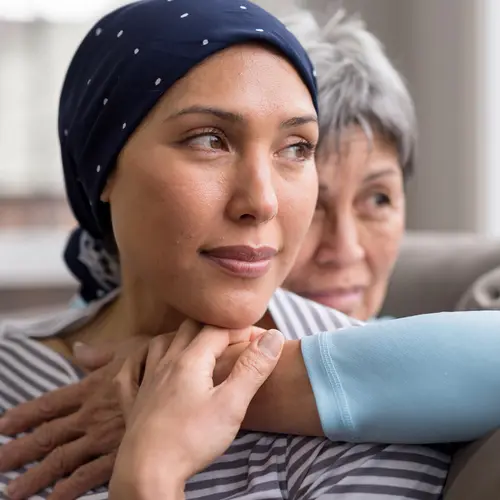American women have a 13% chance of getting breast cancer at some point in her life. Cancer has many possible causes, including your genes, diet, and other lifestyle habits. Many studies show that smoking and alcohol both may raise your odds for breast cancer.
The Link Between Smoking and Cancer
Tobacco use is the most preventable cause of all types of cancers, most notably cancers in your lungs, mouth, throat, voice box, and esophagus. The list also includes breast cancer. Cigarette smoke contains toxins, including cancer-causing chemicals. Women who smoke or used to smoke are more likely to get breast cancer than those who don’t or never did. Smoking also raises your chances of dying of breast cancer after your diagnosis. And it makes the cancer more likely to come back.
It’s never too late to stop smoking or give up smokeless tobacco, such as chewing tobacco. If you quit or cut back right after your diagnosis, it’ll lessen your chances for lung-related or breathing issues like lung cancer and heart disease.
Alcohol and Breast Cancer
Moderation is key. Alcohol is toxic to your body. The more you drink, the higher your odds for breast cancer. One alcoholic beverage a day may pose little risk. But if you drink two or more a day, that may raise your chances of breast cancer by 20% compare with if you don’t use alcohol.
Usually, the standard size for a drink is 12 ounces of beer, 5 ounces of wine, or 1.5 ounces of 80-proof vodka, whiskey, and other liquor.
Alcohol may lead to breast cancer because it:
- May irritate and damage cells, which can lead to uncontrolled cell division and growth of cancerous tumors.
- Increases estrogen levels in your body, a hormone that affects the breast tissue.
- Has a lot of empty calories that can lead to weight gain. Too much fat may lead to many types of cancer.
- May make it harder for your body to absorb important nutrients. Too much unabsorbed folic acid, for example, raises your cancer risks.
It may be best to avoid any alcohol if you’re receiving chemotherapy, radiation, or other cancer treatments. It may cause harmful side effects.
If your cancer is in remission, drinking alcohol may raise the chances that your cancer may come back. But other studies suggest that moderate drinking may be safe.
Talk to your doctor if you’re unclear if or how much alcohol may be OK for you.

